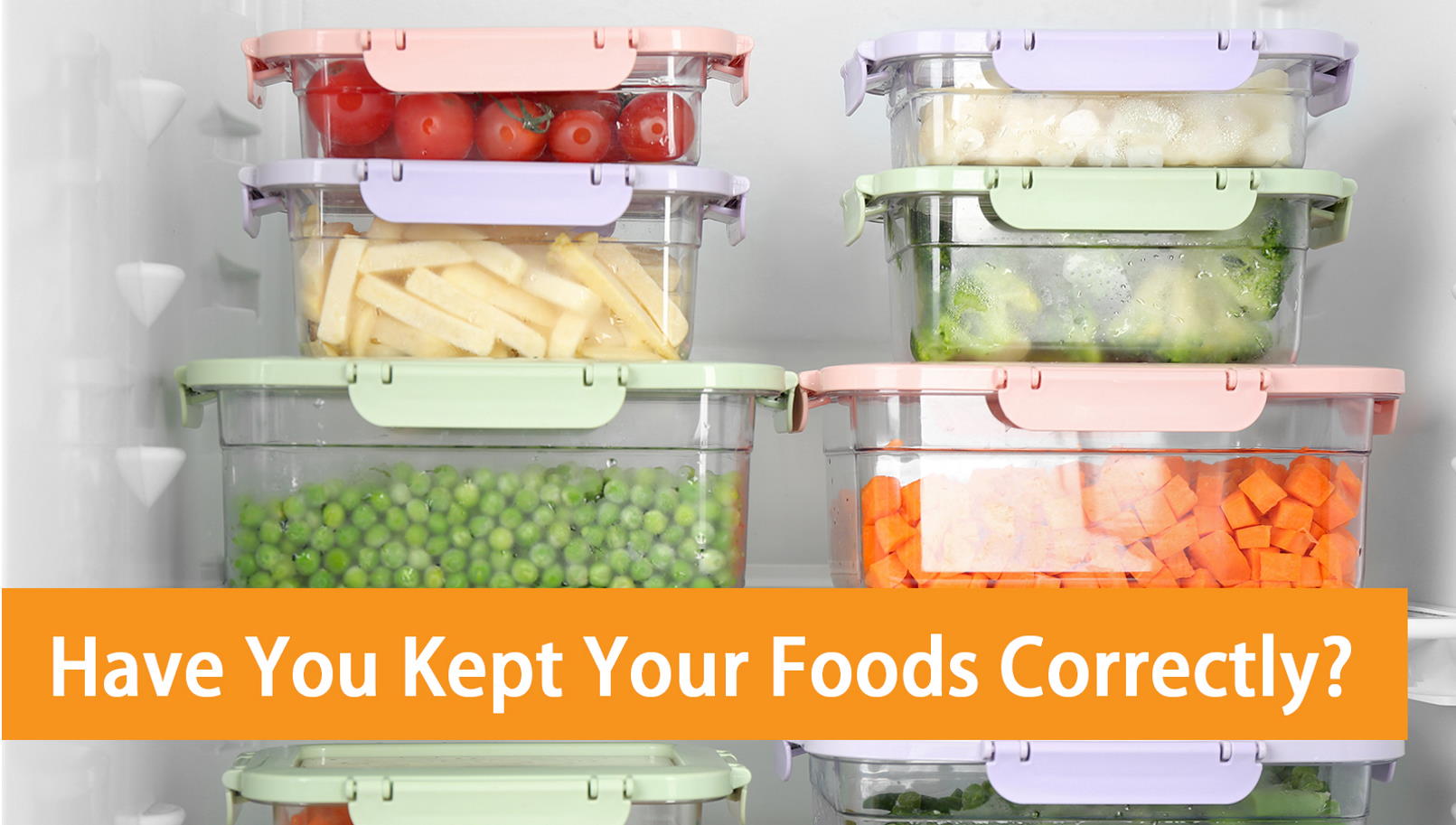7 September 2022

The weather has been scorching hot lately and PhytoFairy is burning from the heat! Hot weather not only causes heat stroke, but it may also affect the food condition.

All living organisms have their own environment temperature for living. Thus, Temperature Danger Zone (TDZ) refers to the temperature range between 7-60°C where foods are easily exposed to pollutants. Bacteria can grow and reproduce rapidly in this temperature range, therefore, whenever we are preparing or reheating food, we need to make sure that the temperature is above 70°C in order to eliminate bacteria completely. When storing our food, it needs to be over 60°C or below 7°C when it is kept cold in order to inhibit the growth of bacteria.
Food that is not properly kept may be easily contaminated and may be detrimental to our health. So today, PhytoFairy had sorted out some of the common misconceptions:

1. Cooked food does not need to be kept in the fridge.
Still remember the Temperature Danger Zone (TDZ) that we mentioned before? 7-60°C is the temperature that prompts rapid growth and reproduction in bacteria. Thus, unfinished foods must always be kept above 60°C or below 7°C.

2. Do we need to keep bottled drinks in the fridge?
Once the cap is opened, the bottle mouth will be exposed to the bacteria in our oral cavity. So, it is best to finish it as soon as possible or drink it from a glass instead of from the bottle.
This is the reason why PhytoFairy would suggest we keep Phyto Chlorophyll and Phyto Aloe Vera Whole Leaf Concentrate in the fridge after opening it, and also finish it within one month.
3. Frozen foods can be kept longer.
Keeping foods in the freezer may undoubtedly extend the shelf life of food. However, if you have a packed fridge or constantly opening your fridge door it may eventually affect the freezing capacity.

4. Overnight food may cause cancer?
People used to say that nitrite may produce nitrosamines when it is heated with high temperatures and nitrosamines are also regarded as IARC Group 1 and Group 2B carcinogens.
However, up until now there is still not much evidence that could prove that nitrite in vegetables may increase carcinogenicity, and not to mention, when we are washing the vegetables, it may also lower the content of nitrite.
In fact, instead of worrying about the carcinogenicity of overnight food, we should pay more attention to the way we keep our food, whether the temperature affects the growth and reproduction of microorganisms and bacteria.

We need to always keep in mind that a fridge can only help to control the growth of bacteria but not to eliminate the bacteria completely. Thus, cooked ingredients can only be kept in the fridge for 1-2 days and less than a month in the freezer. Do not forget to throw away the expired food as well!
That is all for our sharing today! Try to observe the way you kept your food and practice a better way of storing food today!






